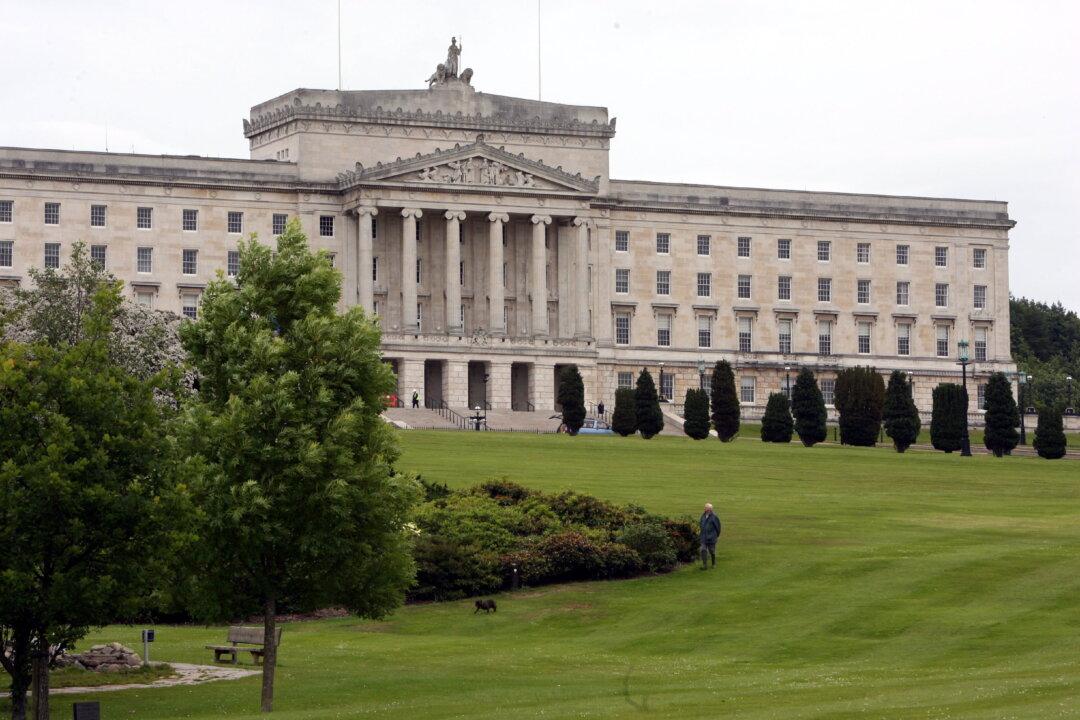Northern Ireland is set to hold a snap election, months after the last assembly election, after the deadline passed to form a functioning parliament and a government.
It comes after a last-ditch effort to restore the Northern Ireland Assembly and to produce a Northern Ireland Executive failed on Thursday owning to the Democratic Unionist Party’s (DUP) refusal to participate.





